At Plymouth ENT, we recognize that conditions affecting the ears, nose, and throat do more than just disrupt physical health—they can also have profound effects on mental well-being. This blog explores the often-overlooked psychological impact of common ENT issues, with a special focus on hearing loss.
Hearing Loss and Mental Health Hearing loss is a significant ENT condition that affects millions worldwide, and its impact on mental health is profound. Individuals with hearing impairment often face substantial challenges that can lead to serious psychological distress.
Social Withdrawal and Isolation
Problem: Hearing loss can make conversations difficult, leading many to avoid social interactions. This withdrawal can result in feelings of isolation and loneliness.
Solution: Encouraging the use of hearing aids and assistive listening devices can improve communication. Social skills training and involvement in support groups can also help mitigate these feelings.
Communication Challenges
Problem: Struggling to hear and be heard can lead to constant misunderstandings and frustration, affecting personal and professional relationships.
Solution: Speech therapy and auditory training can enhance an individual's ability to communicate effectively. Furthermore, educating family and colleagues about how to communicate with those who have hearing loss can be beneficial.
Risk of Depression
Problem: The cumulative effect of social isolation and communication difficulties can significantly increase the risk of depression among those with hearing loss.
Solution: Regular mental health screenings and counseling should be integral components of treatment for patients with hearing loss. Cognitive-behavioral therapy (CBT) and other therapeutic strategies can be effective in addressing depression.
Understanding the mental health ramifications of ENT conditions like hearing loss is crucial for comprehensive care. At Plymouth ENT, we are dedicated to not only treating the physical symptoms of ENT conditions but also addressing the psychological effects they bring. We encourage anyone experiencing these challenges to reach out for support.
For more information or to schedule an appointment, please contact us. Let us help you not only hear better but live better.
